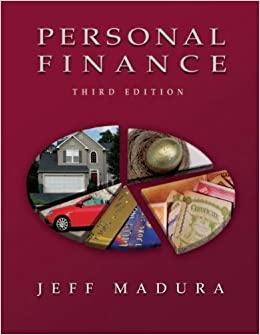
An asset costs $676,000. The CCA rate for this asset is 26%. The asset's useful life is two years after which it will be worth $50,500. The corporate tax rate on ordinary income is 36%. The interest rate on risk-free cash flows is 10%. Assume payments are made at the end of the year. a. What set of lease payments will make the lessee and the lessor equally well off, assuming payments are made at the end of the year? (Do not round intermediate calculations. Round the final answer to 2 decimal places. Omit $ sign in your response.) Before tax payment $ b. Show the general condition that will make the value of a lease to the lessor the negative of the value to the lessee. OTlessor > T>Lessee TLessor = T>Lessee OTLessor
Lessee C-1. Assume that the lessee pays no taxes. What would the lease payment have to be for lessee to be indifferent to the lease? (Do not round intermediate calculations. Round the final answer to 2 decimal places. Omit $ sign in your response.) Indifference lease payment $ c-2. Assume that the lessor is in the 36% tax bracket. What would the lease payment have to be for lessor to be indifferent to the lease? (Do not round intermediate calculations. Round the final answer to 2 decimal places. Omit $ sign in your response.) Indifference lease payment $ An asset costs $676,000. The CCA rate for this asset is 26%. The asset's useful life is two years after which it will be worth $50,500. The corporate tax rate on ordinary income is 36%. The interest rate on risk-free cash flows is 10%. Assume payments are made at the end of the year. a. What set of lease payments will make the lessee and the lessor equally well off, assuming payments are made at the end of the year? (Do not round intermediate calculations. Round the final answer to 2 decimal places. Omit $ sign in your response.) Before tax payment $ b. Show the general condition that will make the value of a lease to the lessor the negative of the value to the lessee. OTlessor > T>Lessee TLessor = T>Lessee OTLessor Lessee C-1. Assume that the lessee pays no taxes. What would the lease payment have to be for lessee to be indifferent to the lease? (Do not round intermediate calculations. Round the final answer to 2 decimal places. Omit $ sign in your response.) Indifference lease payment $ c-2. Assume that the lessor is in the 36% tax bracket. What would the lease payment have to be for lessor to be indifferent to the lease? (Do not round intermediate calculations. Round the final answer to 2 decimal places. Omit $ sign in your response.) Indifference lease payment $







